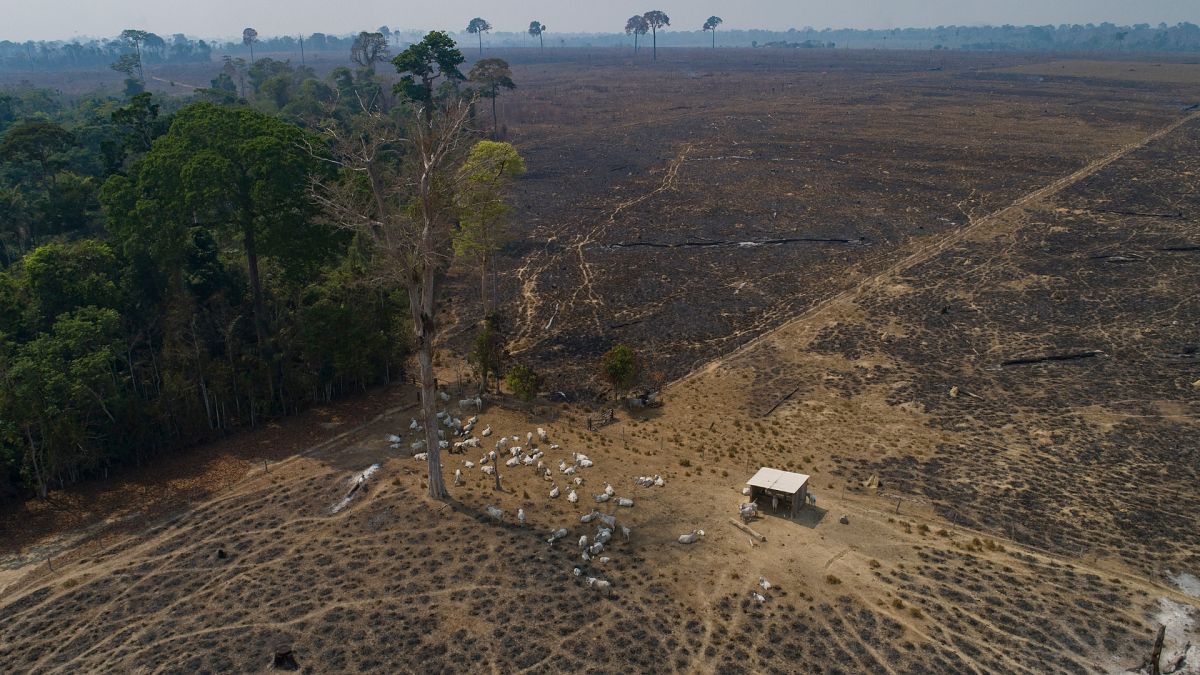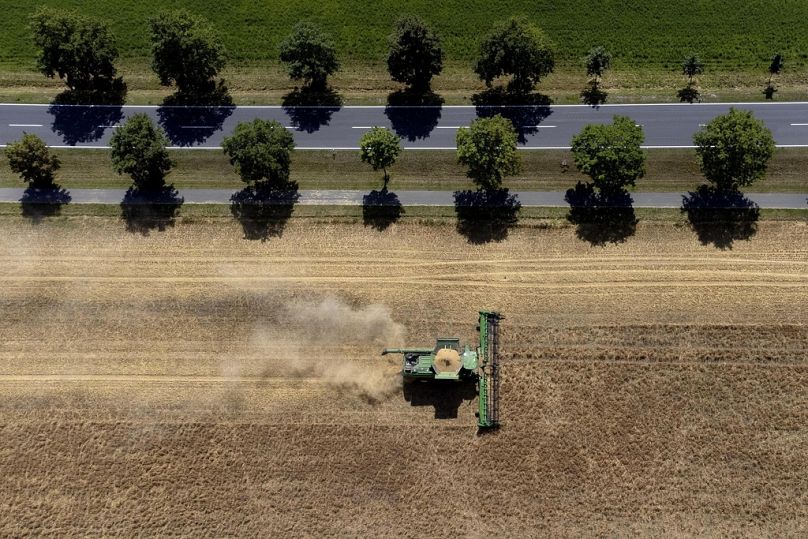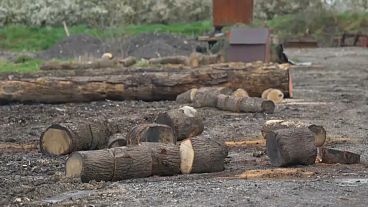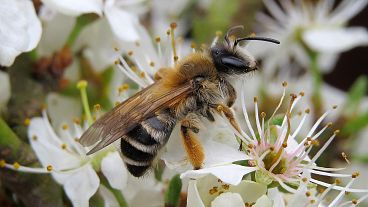Companies need to catch up with new rules, the report says.
Nature-based policies from governments around the world have doubled over the last 12 months, a new study has found.
The report looked at 300 different policies around the world and found that around half of global emissions reductions by 2035 are likely to come from those aimed at ending deforestation, reducing food waste, restoring ecosystems, lowering agricultural emissions and rolling out nature-based climate solutions.
In just the last 12 months, it says credible national policy announcements designed to tackle emissions related to land use have doubled.
“A land transition as significant as the energy transition is now underway,” says the study by Inevitable Policy Response (IPR), a forecasting group set up by the UN-backed Principles for Responsible Investment.
More than 90 per cent of nature policies introduced in the last year were found to be in line with 2C of global warming.
But very few are in line with the Paris Agreement target of keeping warming to 1.5C, meaning governments will be under pressure to further strengthen nature policies over the next few years.
The report warns that failing to invest in nature and land-based solutions could result in increasing climate risk with huge costs for farmers, companies and the entire economy.
Businesses need to adapt to nature policies
The study points out that these policies to stop nature loss and halt deforestation pose a serious risk to investors who aren’t prepared.
“Even as the energy transition has risen rapidly up the corporate agenda, the role of nature, land and food in the climate transition remains underappreciated,” the report says.
This wave of new nature policies comes with legal, compliance and reputational issues for companies which could see them lose out if they don’t keep up.
The EU, for example, is working on major new laws to ban the import of products linked to deforestation. It has established a list of products often associated with deforestation including cocoa, coffee, rubber, palm oil, soy, beef and wood.
From December 2024, importers and exporters trading with the EU must prove that these goods, or their derived products, do not come from recently deforested areas or cause forest degradation. If they don’t they could face significant fines, confiscation of products or, in the most serious cases, have their products banned from the EU market.
The report warns that companies at the centre of the global food supply system could lose up to 26 per cent of their value by 2030.
Alongside the risks, this wave of nature-related policies also poses opportunities with companies that pledge to cut deforestation or adopt nature-based solutions likely to fare much better.




